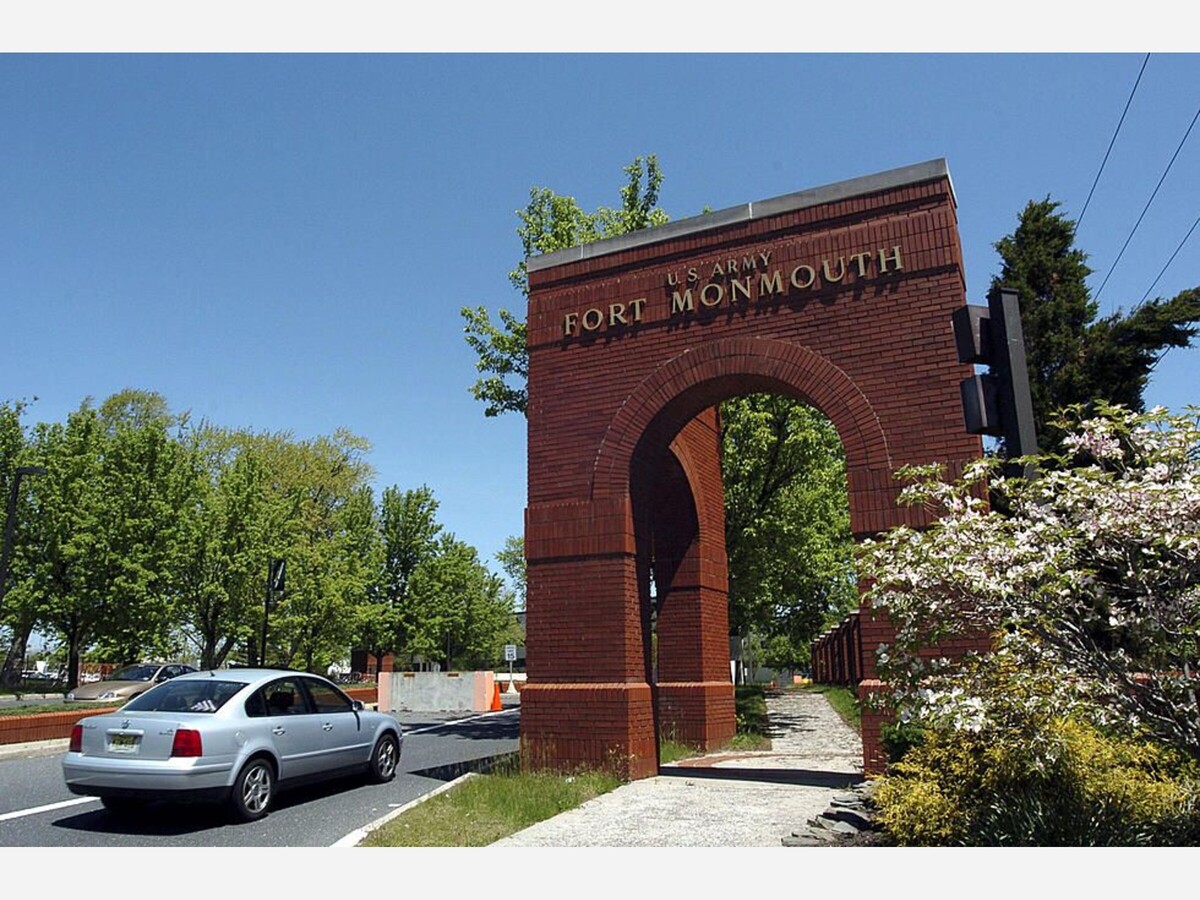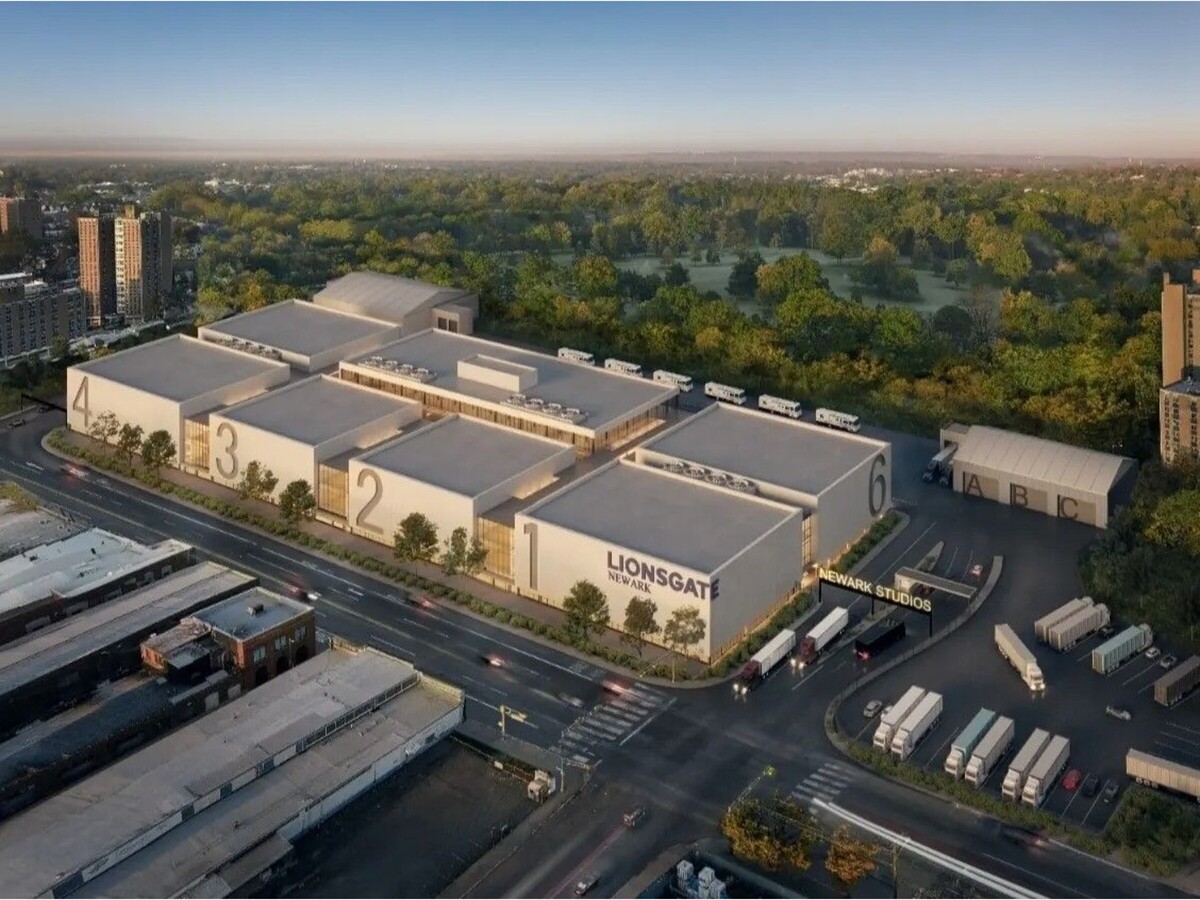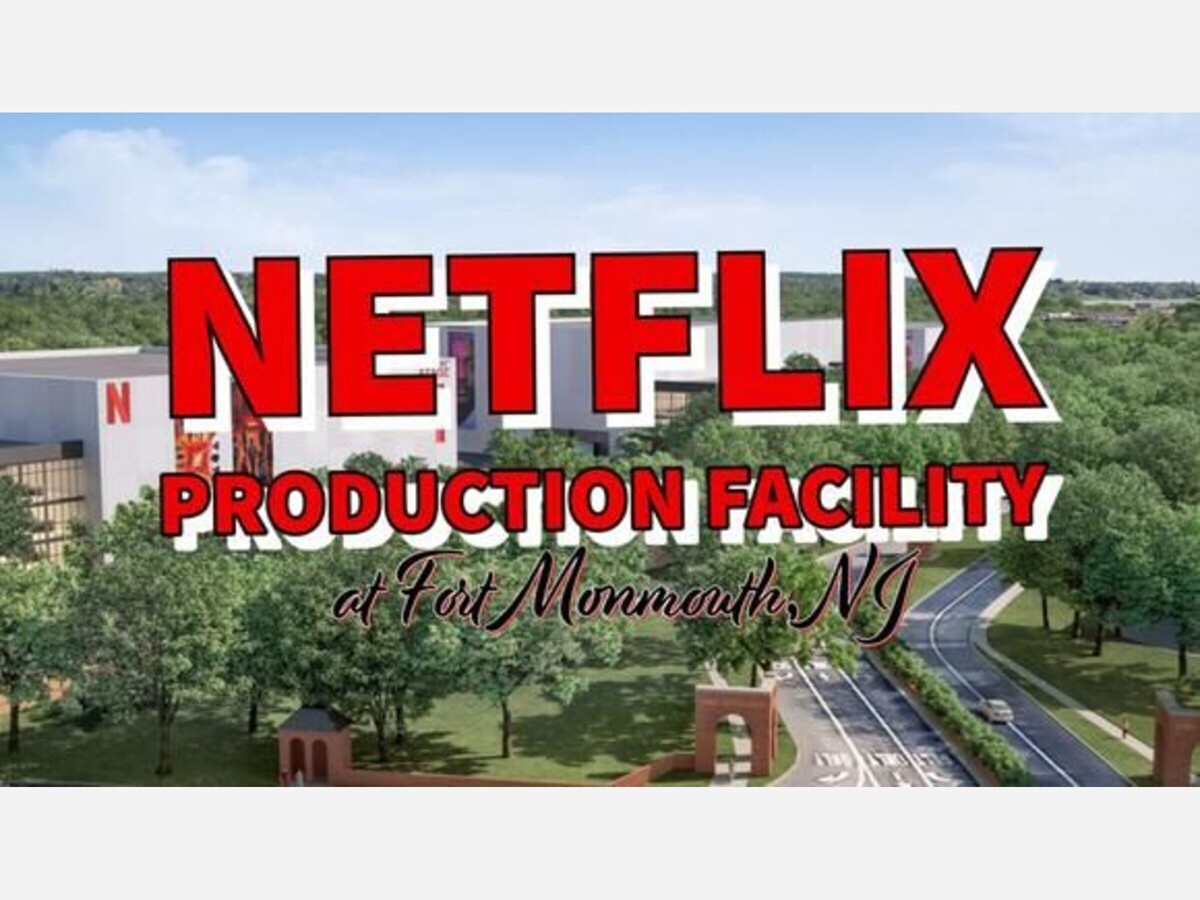Ready for NJ's close-up: The Garden State must continue to welcome the film industry
Op-Ed written by NJEDA Chief Executive Officer Tim Sullivan for NorthJersey.com
When Oscar-worthy movies or critically acclaimed shows are filmed in New Jersey, it’s more than just glitz and glam. It goes beyond A-list celebrity sightings and lavish wrap parties. Sure, it’s brag-worthy when a top film franchise or high-rated television show is filmed in your hometown and it’s fun to point out iconic landmarks when they appear on the screen. But when Tinseltown meets the Garden State, what does it mean for everyday New Jerseyans?
With the actors and writers strikes now resolved, New Jersey’s film industry is back open for business. I recently led a delegation of state officials on a trip to California to pitch the value of filming in New Jersey. We met with executives from major studios and production companies who are excited to start filming in the Garden State. This is good news for New Jersey because when productions film in our state, it creates good-paying jobs, supports small businesses and strengthens our economy.
Since Gov. Phil Murphy took office in 2018, New Jersey’s film industry has exploded. With the help of the Film & Digital Media Tax Credit, which Murphy enacted in his first term, production spending skyrocketed from $67 million to over $700 million annually over the past five years. From 2021 to 2022 alone, production spending increased by $150 million.
Last year, the film industry created 8,500 jobs across New Jersey, a majority of which were union jobs. When productions set up shop in the state, they need security, stage and film crew, set designers, and support staff. Local vendors such as construction and transportation services, as well as costume and florist shops are also needed during productions. Plus, the cast and crew need to eat during long hours of filming!
Local mom and pop bistros, bakeries, and restaurants benefit when productions are in town. Across the state, productions have supported the revitalization of small towns and big cities, provided a boost to the local economies, and employed thousands of residents.
This is just the beginning, and New Jersey is poised to build upon this momentum.
Last December, Netflix announced a $1 billion investment to build its East Coast flagship production studio at Fort Monmouth, creating 3,500 construction jobs and 1,500 permanent jobs, all while marking an extraordinary chapter in the redevelopment of the Fort after its closure over a decade ago. To the north, Lionsgate is building a major studio in Newark, and the largest ground-up movie studio complex in North America, 1888 Studios, will soon call Bayonne home.
Other studio projects are being proposed in Atlantic, Essex, Hudson, and Middlesex counties — all of which will contribute to the growth of our economy, and further the state’s leadership in film and television.
Recognizing the success of the Film & Digital Media Tax Credit, Murphy signed a bill in July to expand the program through 2039 and increase the annual allocation to $430 million. The law increased the base tax credit available to Studio Partners to 40% and allows the New Jersey Economic Development Authority — or NJEDA — to designate up to three large studio facilities as Film-lease Production Facilities. The expansion of tax credits and increased focus on supporting large scale studio facility developments will help generate even greater industry spending.
Additionally, the New Jersey Motion Picture & Television Commission, an entity of the NJEDA, is working to welcome back large-scale productions through its “Film Ready New Jersey” program. This innovative program supports municipalities and counties as they work to accommodate location filming and market their communities as filming destinations, positioning the state as a top production destination.
The film industry’s Golden Age might have taken place on the West Coast, but the industry’s birth was right here in New Jersey. Motion Picture technology was pioneered at Thomas Edison’s laboratory in South Orange and the capital of the film industry in the early 20th Century was in Fort Lee.
New Jersey is perfectly positioned to reclaim our historical place at the forefront of the film industry. With the resources committed by Murphy and the Legislature, along with our leading talent and diverse landscapes, we are poised to continue our record-breaking growth.New Jersey is ready for its closeup.

















